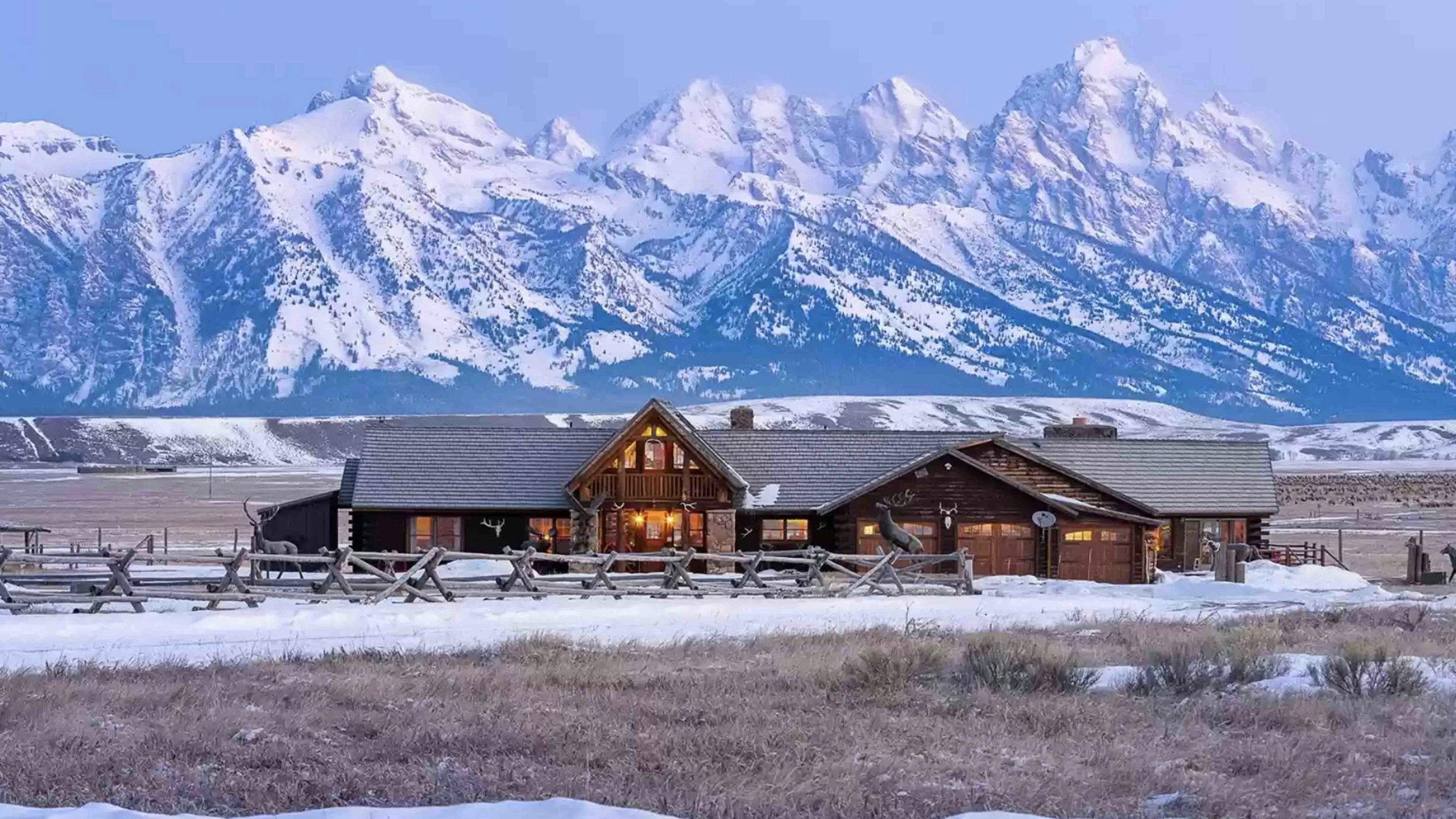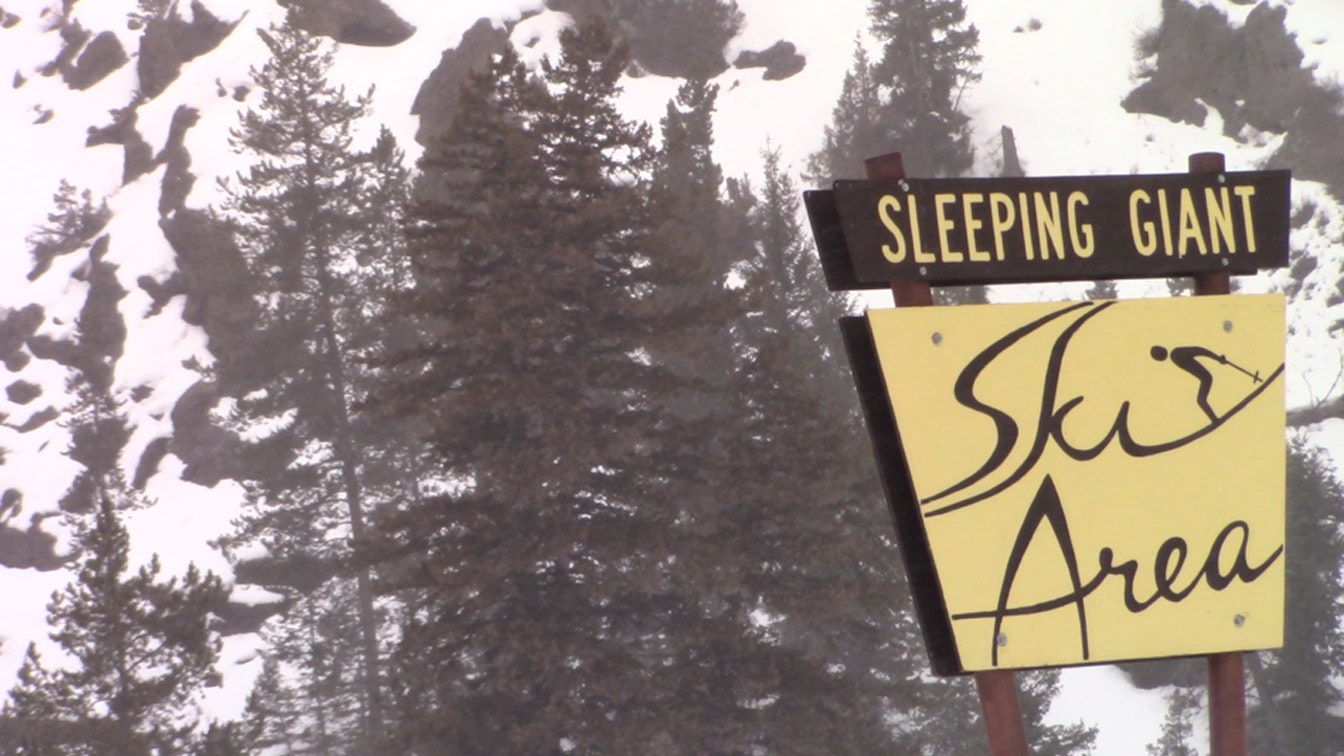Teton County is continuing its run as the wealthiest in the nation, a trend now for the last 20 years. Per capita incomes in 2023 coasted to a new high of $471,751 — ever closer to a new milestone of half a million dollars.
With census estimates of 2.4 people per household, that puts the mean income for a typical Jackson Hole household at $1.13 million — a figure that’s anything but typical for the rest of Wyoming. In fact, it’s not even typical for longtime or lifelong residents of Teton County.
“I’m not sure where to find this ‘typical’ household,” Jackson Council Member and economist Jonathan Schechter wrote in his most recent Cothrive newsletter, which examines wealth trends in Jackson County. “What I am sure of is that, in the words of the Bard of Hibbing, MN, ‘It ain’t me, babe.’ To understate the case, $471,751 is a lot of money. It’s also a tidy $53,082 bump — 13% — over 2022’s figure.”
That “tidy” bump is in and of itself a lot of money, Schechter added.
“Teton County’s 2022-23 growth in per capita income — not its total per capita income, mind you, but just its $53,082 growth — was higher than the 2023 total per capita income in nearly half of all U.S. counties,” he wrote.
What’s more, Teton County’s per capita income doesn’t just lead the nation. It blows the rest of the nation away in terms of sheer wealth.
The per capita income for America as a whole in 2023 was $69,810, according to Schechter’s analysis. The next nearest to Teton County’s wealth doesn’t even come within the ballpark of Teton County’s per capita income.
That second place county, Summit County in Utah, has a per capita income of $259,993, just 55% of Teton County’s figure.
If the wealth surge continues next year — and Schechter believes it likely that it will — Teton County will set another new record. It will take the title for number of years at the top of the per capita income tree.
That record-holder now is New York, which had enjoyed the nation’s highest PCI for 19 consecutive years, and also led the nation in 1969 as well, when BEA first began compiling this data on per capita incomes.
What’s Driving Wealth To Teton County?
Thirty-some years ago, Wyoming lawmakers put out some of the nation’s friendliest tax and trust laws, all geared toward attracting wealthier residents.
Schechter believes that’s part of the reason Teton County attracts so much wealth.
But he thinks that’s just one piece of the puzzle, pointing out that all 23 counties in Wyoming have the same tax and trust laws, but it is only Teton County where wealth is skyrocketing.
“No other Wyoming counties have really been affected to the degree Teton County has,” he said. “Teton County accounts for about half of all investment income in the state of Wyoming.”
Another thing driving the trend is technology, Schechter said. People are no longer tied to a particular geographic location by work. Technology has allowed a larger number of people to easily manage their work or financial affairs remotely.
In fact, that’s driving a similar trend in other locations that have desirable outdoor amenities, something Schechter has highlighted in previous reports. Out of 10 top wealth-attracting counties, eight are being driven by outdoor recreation opportunities. But Teton County is leading that pack by a fair margin.
Outdoor recreation’s magnetic attraction for wealth became highly noticeable after the COVID-19 pandemic but had probably started long before. The pandemic did help goose things along, though, by just teaching people how to use all of this remote-enabling technology, making it much more common.
A Trump Connection?
Another factor Schechter believes has been a contributing factor in Teton County’s wealth surge are the 2017 tax cuts that were enacted during the Trump administration.
“Those tax cuts took effect in 2018 and were heavily tilted towards the wealthy,” Schechter wrote in his analysis.
Based on housing and income data going back to 2001, Schechter’s analysis shows Jackson Hole housing prices growing in line with wages for about two decades.
But after Trump’s 2017 tax cuts kicked in, Jackson Hole home prices stopped following wages and started following something else — investment income.
In the three years following the COVID-19 pandemic, Jackson Hole’s home prices and investment incomes have doubled, according to Schechter’s analysis.
What didn’t double were wages for people who live and work in Jackson Hole’s location-dependent jobs.
That’s a trend Schechter anticipates will get worse if Trump doubles down on more tax cuts for investment incomes.
The Coffee Cup Rule
The trouble with Wyoming’s wealth attraction laws from Schechter’s point of view is that they haven’t come with a lot of tools for communities to handle this kind of outsized surge in wealth.
That’s reflected in a statewide tax structure that Schechter believes is decades out of date.
Buy a cup of coffee for a buck in Teton County, Schechter said, and you’ll pay more in taxes than you will for buying a single-family residence, which in Teton County now averages over $5 million.
“If you go back to the COVID years, 2020 and 2021, and these figures are not precise, but roughly speaking, those two years had a collective total of real estate sales over $5 billion,” he said. “Total taxable sales, however, were under $4 million. So, if you were here in Teton County and you went and bought a $1 cup of coffee, the 6 cents you would have paid in sales tax on that generated infinitely more money for state and local government than the $5 billion-plus of real estate sales.”
That reality has left Teton and other Wyoming counties with limited tools to handle an influx of wealth that’s not just buying residences, but often buying second homes that sit empty except for vacations or that serve more as a Vrbo or Airbnb than a residence.

Lack Of Land Another Factor
Teton County does come in second in one area of note regarding wealth attraction. It has the second highest amount of public lands, at 97.2%.
“There’s only one county in America that has a higher percentage of public land,” Schechter said. “And they have 97.5% public land.”
That’s made land for affordable housing quite scarce, which has also made it tough to keep the essential workers that the community needs — from teachers and police to baristas and cashiers.
“Who is going to be able to best compete for that very scarce supply of private land?” Schechter said. “And the answer is, obviously, the well-to-do.”
That’s led to some heartbreaking stories, Schechter added.
“We had a hearing about a large, affordable housing project that we’re considering, and there were people who gave testimony — public testimony — and they were telling some very moving stories about how the affordable housing situation is forcing them to leave the community and making their lives much harder,” he said. “They are really powerful stories, and they are stories that existed five, 10, 20 years ago, but what seems like from the last five years or so, a huge catalyst — that huge dose of gasoline on the fire — (were) the tax cuts and increase in investment income.”
An Out-Of-Date System
Schechter feels that Wyoming’s current tax system as a whole is out of date and ill-equipped to deal with a modern economy.
“We’re a 21st century community with a 20th century operating system,” Schechter said. “The things Wyoming funds its governmental activities on are the things that were really important in the 1960s.”
Those things are agriculture, oil and gas, and retail businesses, Schechter said.
“The Legislature has really opened up, made the state much more attractive to well-to-do people through our tax and trust laws,” Schechter said. “But we didn’t do anything to try and tap into the money, to generate some help to offset some of the concerns that money generates.”
One question Schechter believes is important for the state as a whole to ask is why isn’t Wyoming’s wealth-attracting framework having a bigger impact on other areas of the state?
“These same tax and trust laws apply in all 23 counties of Wyoming,” Schechter told Cowboy State Daily. “Why are people coming here, as opposed to Niobrara County, Natrona County or Goshen County? Every other county in Wyoming has the same tax laws.
“And I think it’s because we’ve done a good job in preserving and protecting our ecosystem when we built a fair amount of affordable housing, and we put certain restrictions on that which may not make sense in Converse County but makes a lot of sense here for our singular situation.”
A corollary to that question, Schechter suggested, is expanding interest from incoming wealth to other counties in the state.
“What can we do to open people’s eyes to the wonders of the rest of Wyoming?” Schechter said. “And then, as their eyes are opened, what can we do to help address some of the problems and opportunities created by those very favorable tax and trust laws?”
Renée Jean can be reached at renee@cowboystatedaily.com.





